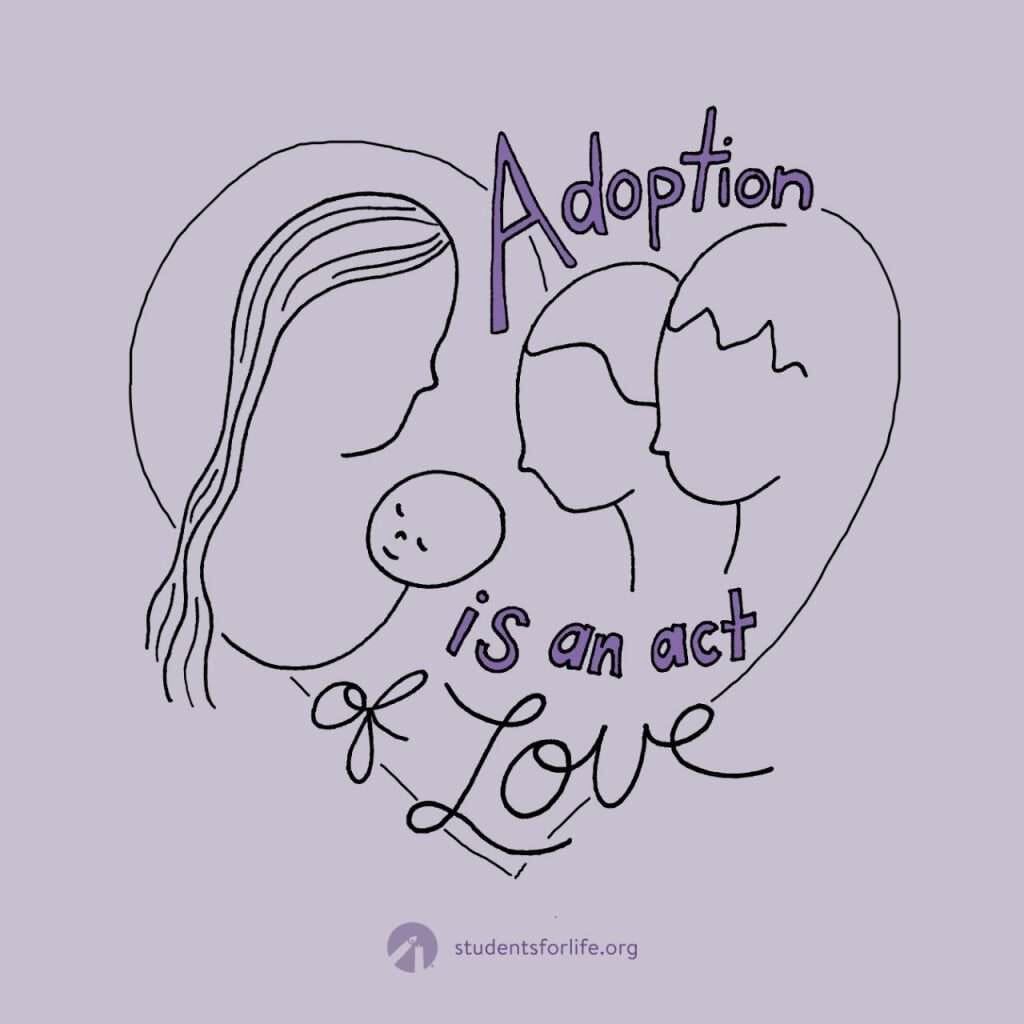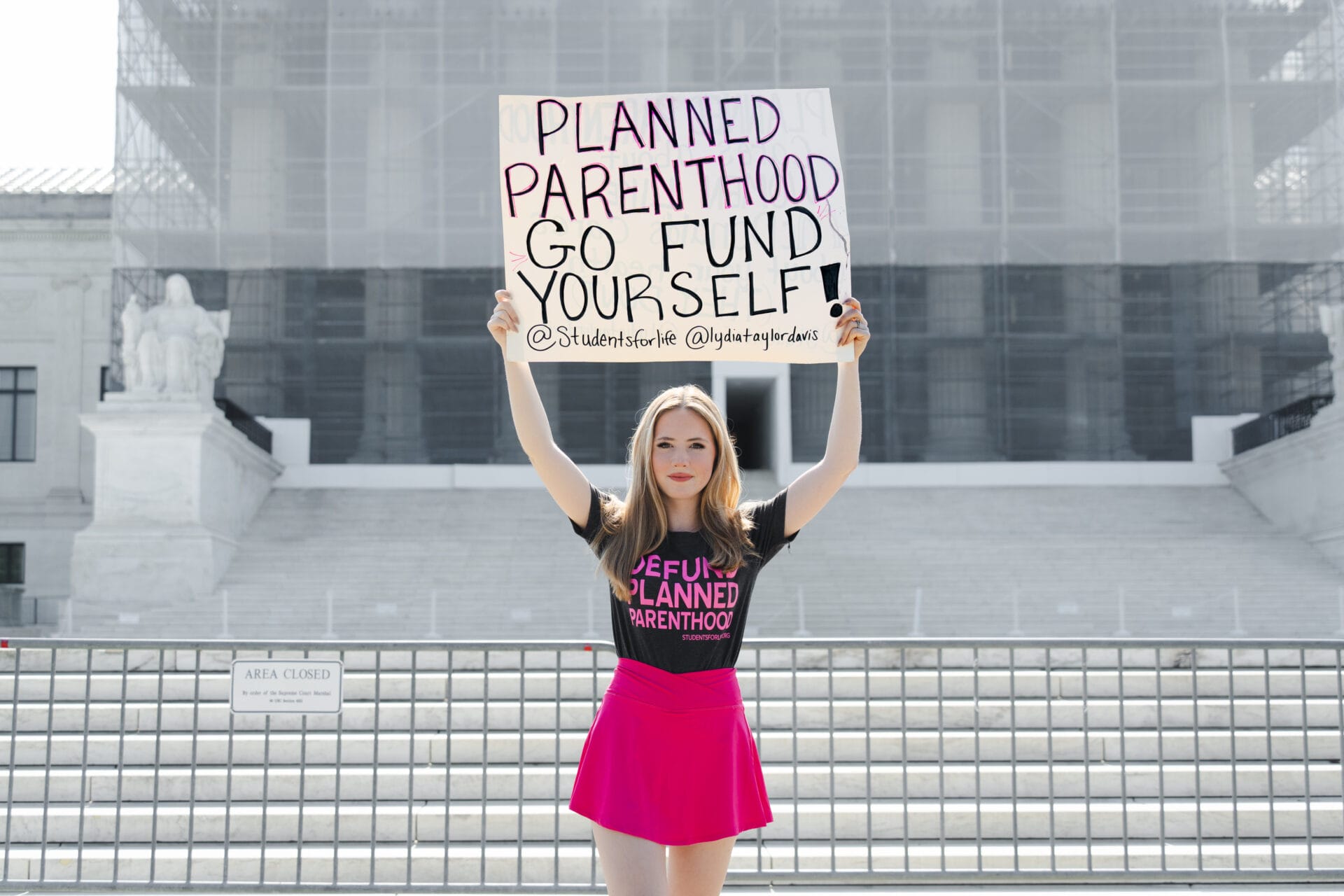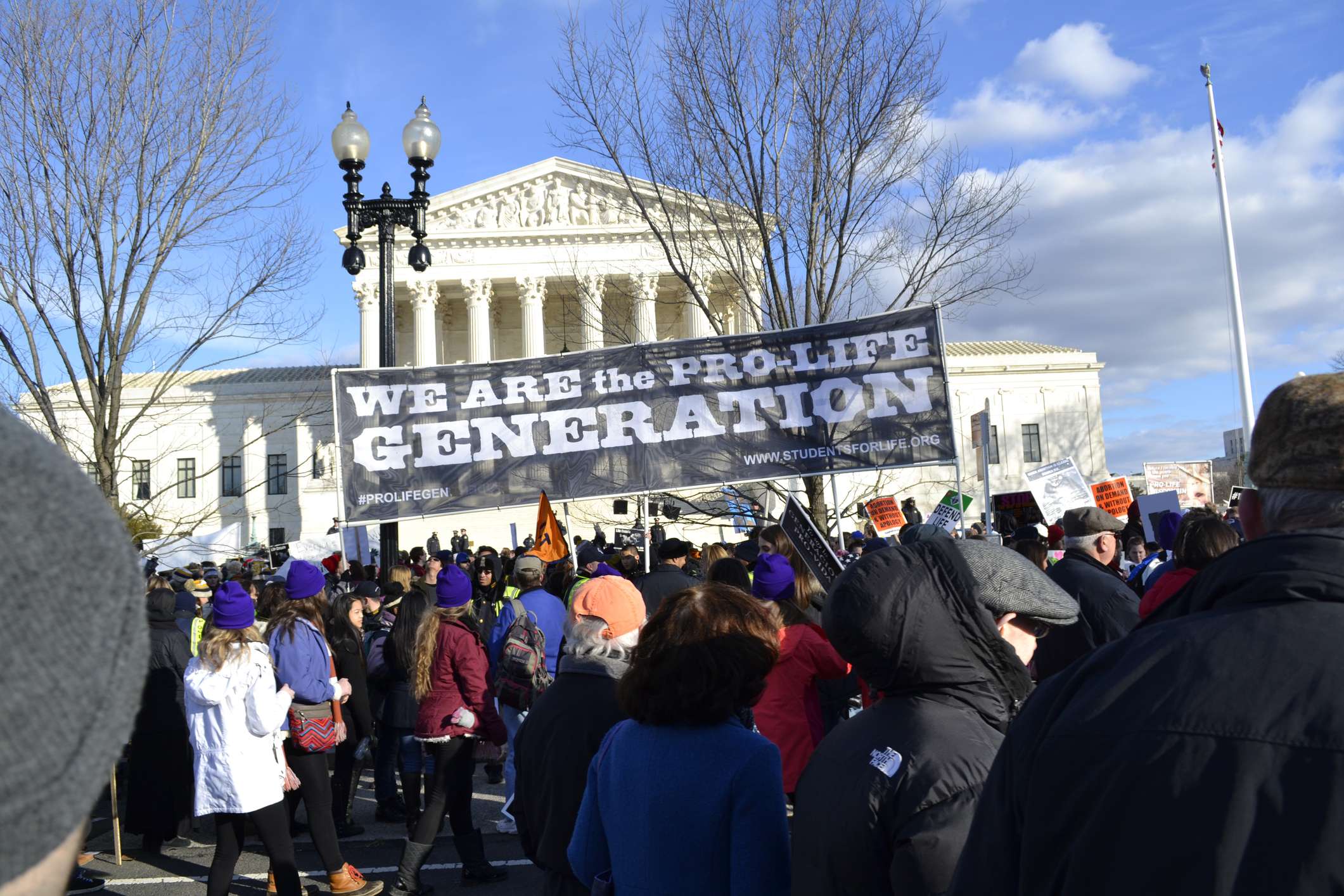
The Dobbs v. Jackson oral arguments at the Supreme Court drew attention to the subject of Safe Haven Laws. Simply put, Safe Haven Laws (also called “Baby Moses” laws or “Safe Surrender” laws enable parents of infants to surrender their children at designated, safe locations within a certain timeframe after the child’s birth (this varies by state). Parents who avail themselves of infant surrender under these laws face no criminal charges of neglect or abandonment, and their children are placed with adoptive families. The existence of these relatively new laws in all 50 states prompted Justice Amy Coney Barrett to ask a pro-abortion lawyer at oral arguments for Dobbs what the legal rationale for abortion would be if any parent in the US could legally relinquish a child at birth.

For those unfamiliar with these laws, here are four basic questions to help you understand and explain Safe Haven Laws.
1. What are Safe Haven Laws?
Safe Haven Laws allow parents to surrender their newborn baby at an approved location. There are currently infant surrender laws in all 50 states. Children can be surrendered at designated locations which vary from state to state and usually include places like fire stations and hospitals. In some places, Safe Haven Boxes are installed at these locations. These locations provide a space for parents to place a child which they feel they cannot keep without any questions asked, allowing parents to terminate their parental rights knowing that their child will be placed with an adoptive family who can care for him or her. The parent can bring the baby there for any reason while remaining anonymous. Although Safe Haven Laws do vary with individual states, one thing is always guaranteed: parents will not be punished for placing their babies in a Safe Haven. Click HERE to find Safe Havens near you.

2. Why are Safe Haven Laws Helpful?
Safe Haven Laws provide a protective refuge for newborn babies that otherwise might be abandoned in an unsafe manner. Creating awareness and accessibility to Safe Havens is important as these locations provide a safe and regulated process for parents that feel it is best that they do not parent. Without such a consequence-free option, parents have resorted to life-threatening alternatives to avoid parenting the child. Since 1999, more than 4,127 babies have been saved at Safe Haven locations throughout the United States. It is crucial that new parents who feel unequipped to raise their child be made aware of the Safe Have option.

3. Why are people talking about Safe Haven Laws right now?
During the recent Supreme Court case, Dobbs v. Jackson, Justice Amy Coney Barrett brought up Safe Haven Laws when challenging a claim made by the pro-abortion side. The claim was that, without abortion access, women would be forced into motherhood. However. Justice Barrett asked how that could be true, knowing we have Safe Haven Laws in all 50 states making it possible for women to forgo the responsibility of motherhood after birth.

4. Why are Safe Haven Laws Pro-Life?
Safe Haven Laws are pro-life because they can help women who do not feel ready to parent after birth and protect their children from potential harm before or after birth by ensuring moms know help is available. For those who get pregnant and worry they can’t parent their child, these laws are in place to reassure and offer assistance. With Safe Haven Laws in place, the life-affirming options of parenting or adoption are available during pregnancy and after birth, as well.

Our country’s Safe Haven Laws mean that no woman is “forced” to parent, as the abortion lobby likes to argue. When confronted with that pro-abortion argument, the Pro-Life Generation should feel confident in their response: That’s patently false. Don’t let abortion supporters try to fool you with this myth; the pro-life movement has the truth on their side.
Click HERE to find Safe Havens near you.
Click HERE to check out SFLA’s life-affirming resources through our Standing with You Initiative.
Share this post
Recent Posts

National Celebrate Life Weekend Dominates D.C.: Just Look at the Coverage
01 Jul 2025
The Pro-Life Generation REACTS: “Big, Beautiful” Budget Bill Vote One Step Closer to Defunding Planned Parenthood & ALL Abortion Vendors
01 Jul 2025
News: FIVE Lawmakers Recognized for Defending Life
30 Jun 2025
